The smell of cut flowers
socks
14 years ago
Related Stories
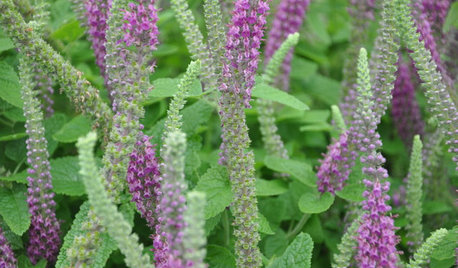
FEEL-GOOD HOME9 Smells You Actually Want in Your Home
Boost memory, enhance sleep, lower anxiety ... these scents do way more than just smell good
Full Story
DECORATING GUIDESSpring Style: Fresh-Cut Flowers for Every Room
Graceful, lively or dramatic, fresh flowers make rooms of every shape, size and style that much lovelier
Full Story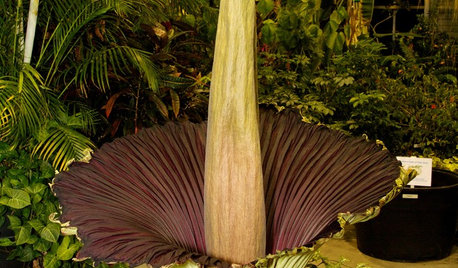
FUN HOUZZSmell This Shocking Flower at Your Own Risk
Don't say we didn't warn you: The foul scent of the rare and incredible corpse flower may knock your socks off
Full Story
KITCHEN DESIGNSimple Pleasures: Wake Up and Smell the Coffee
Slugging down any old sludge while pulling on socks is no way to start the day. Learn to brew amazing java and savor the experience here
Full Story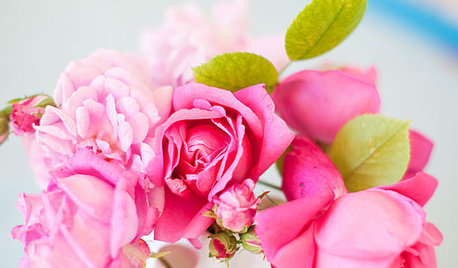
BUDGET DECORATINGSimple Pleasures: Treat Yourself to Cut Flowers
Enjoy priceless beauty with just a few inexpensive stems — and you don’t need fancy vases, either
Full Story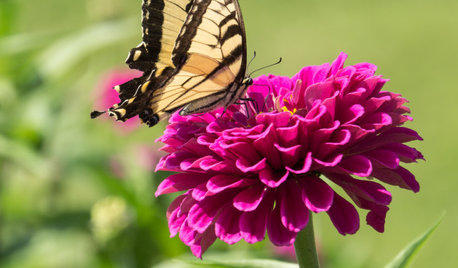
GARDENING GUIDES20 Favorite Flowers for Butterflies and Bouquets
Discover perennials and annuals that do double duty as butterfly magnets and versatile cut flowers
Full Story
GARDENING GUIDES7 Ecofriendly Gardening Ideas That Also Cut Chore Time
Spend less time weeding, less money watering and more moments just sitting back and enjoying your healthy garden
Full Story
REMODELING GUIDESCutting Edge: Futuristic Laser-Cut Designs
Intricate laser-cut works add dimension and surprise to interior designs
Full Story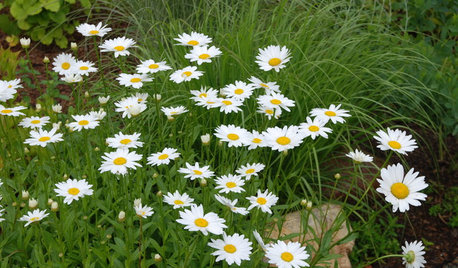
FLOWERSBest Cutting-Garden Beauties for Late Summer
Pick blooms bursting with color or in classic white for bouquets to give away or keep all to yourself
Full Story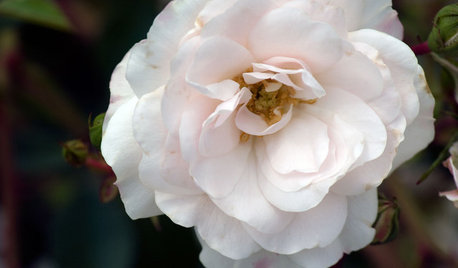
GARDENING GUIDES5 Favorite White Roses for a Purely Beautiful Garden
How does your garden glow? With roses that look like light and smell divine
Full StoryMore Discussions










dilly_dally
johnmari
Related Professionals
Huntersville Furniture & Accessories · Tampa Furniture & Accessories · Stamford Furniture & Accessories · Sugar Hill Furniture & Accessories · Zionsville Furniture & Accessories · Tamalpais-Homestead Valley Furniture & Accessories · San Francisco Lighting · Shorewood Lighting · Arden-Arcade Window Treatments · Colorado Springs Window Treatments · Fremont Window Treatments · Northbrook Window Treatments · Phoenix Window Treatments · Rancho Santa Margarita Window Treatments · Rolling Meadows Window Treatmentsdilly_dally
patricianat